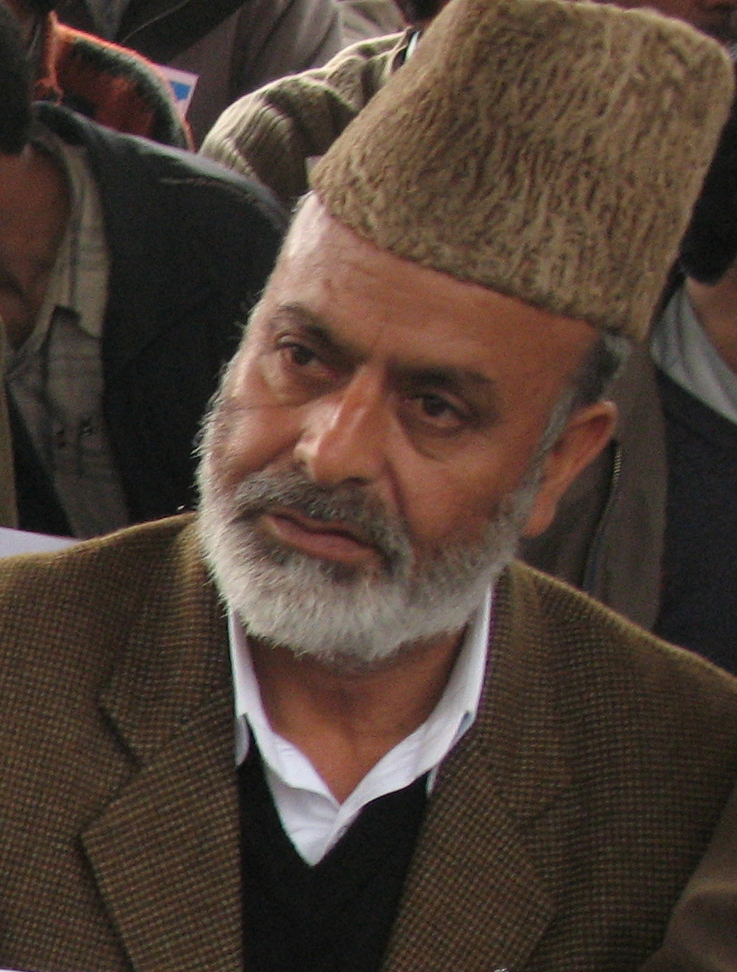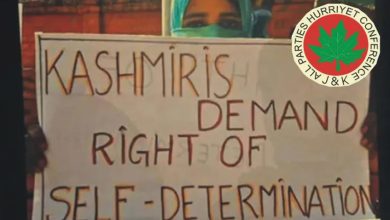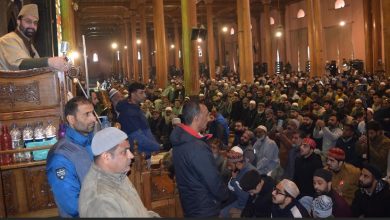‘Kashmiris determined to take martyrs’ mission to its logical conclusion’

Srinagar: Tehreek Wahdat-e-Islami, Pairwan-e-Wilayat and International Forum for Justice and Human Rights Jammu and Kashmir in Indian illegally occupied Jammu and Kashmir have paid tributes to prominent martyred Hurriyat leader Sheikh Abdul Aziz on his martyrdom anniversary.
According to Kashmir Media Service, Tehreek-e-Wahdat-e-Islami’s detained Chairman Fayaz Hussain Jafari, head of Parwan Wilayat Maulana Syed Sibte Shabbir Qumi and Chairman of International Forum for Justice and Human Rights Jammu and Kashmir Muhammad Ahsan Untoo in their separate statements in Srinagar said Kashmiri people are determined to take the martyrs’ mission to its logical conclusion.
They said that Sheikh Abdul Aziz was a great leader who dedicated his life to the Kashmir freedom movement. They said that the sacrifice of Sheikh Abdul Aziz was a torch for future generations of Kashmir. Sheikh Abdul Aziz had great devotion and love for Pakistan and he was a strong supporter of Pakistan’s accession, they added.
He said that the sacrifices of Sheikh Abdul Aziz and other lakhs of martyrs would never go waste and Jammu and Kashmir will become a part of Pakistan one day after being freed from illegal Indian rule.
Sheikh Abdul Aziz was martyred by Indian troops on August 11, 2008 in the Uri area of Baramulla district when he was leading a procession towards the Line of Control against the economic blockade of the Kashmir Valley by Hindu extremists from Jammu.
Meanwhile, Chairman of Pasban-e-Hurriyat Jammu and Kashmir Uzair Ahmed Ghazali and Vice Chairman Usman Ali Hashim in a joint statement in Srinagar also paid glowing tributes to Sheikh Abdul Aziz and said that he sacrificed his life for freedom, self-determination and people’s rights.
They said that Sheikh Abdul Aziz was a fearless, bold and steadfast leader and had a special position and distinguished status in the Kashmir liberation movement who mobilized the people of Kashmir Valley against Indian imperialism.








